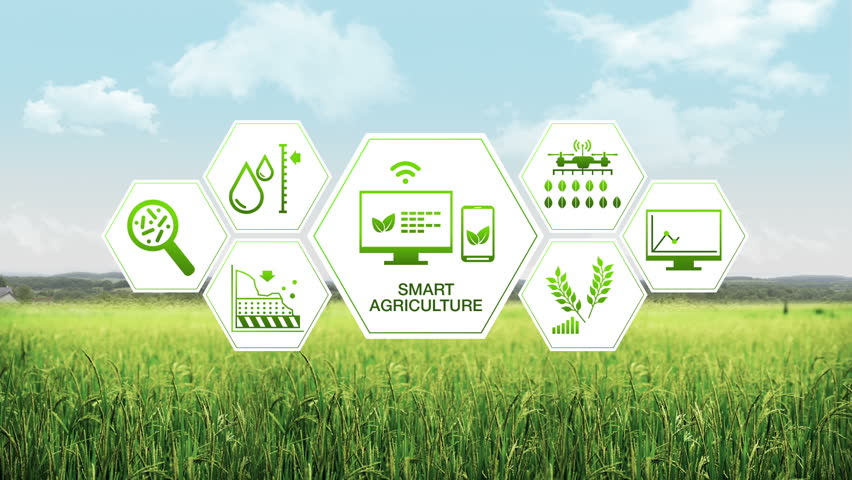Agriculture is a vital sector for any country. With a fast-rising population and foreseeable severe scarcity of water, Pakistan needs to move fast towards employing emerging and new technological innovations in farming. Conventional methods are still applied predominantly in farming, which have to be replaced with state-of-the-art agricultural advancements now available due to automation and smart technologies.
Agriculture in Pakistan faces growing water scarcity and degradation of its natural resource base. The country ranges across vast stretches of arid and semiarid lands, where water constraints mean that agriculture is largely driven by the low-input, low-yield production of crops and livestock. Approximately 92 percent of the country's land area is located in semiarid to arid agroclimatic zones. Major portions of the country are constrained by decreasing soil fertility, soil salinization, waterlogging, erosion, and a host of other challenges. The low potential for expanding agricultural production into these natural resource-constrained areas implies that agricultural production in the short to medium term will have to come from intensification on existing agricultural land.
KPK province is a mountainous region intermixed with the fertile valleys in the center and plains in the south. KPK and FATA constitute 16 percent of the population of Pakistan. Total reported agricultural land in the province is 13.89 million acres. Of this 22.23 percent is forested and 23.90 percent is under crop cultivation in addition to 22.49 percent cultivable land that is not utilized for want of water. The province and adjacent tribal areas have a unique distinction of highly diversified agriculture. The diversity of agriculture of this region is reflected in the map of agro-climatic zones of Pakistan prepared by Agricultural Research Council, where 6 out of 10 zones appear in the Frontier Province. Moreover, the province is capable of producing varieties of crops, fruits, vegetables, sericulture, floriculture, and medicinal herbs which are quite rare in the country.
The present yield in province is only 23 percent of its potential due to a number of constraints faced by the farmers. Climatic conditions and soil of the province are quite conducive for the varieties of crops, fruits, vegetables, sericulture, floriculture, and medicinal herbs which are quite rare in the country.
Tobacco is one of the cash crops of the KPK province and it accounts for about 90 percent of the total Virginia tobacco grown in Pakistan. The province has potential to increase its tobacco production. Tobacco is providing sizeable revenue for the government. The provincial income from tobacco equals Rs.50 billion.
The “Smart Kissan” is framed to introduce smart technologies at tobacco farms in the first phase. This project implements smart technologies in private and/ or state farms in different agro-ecological zones. In the first phase, technologies such as Internet of Things (IOTs), sensor-based implements and devices, data analytics, machine learning and cloud computing have been employed for plant and soil health monitoring for tobacco farms.
